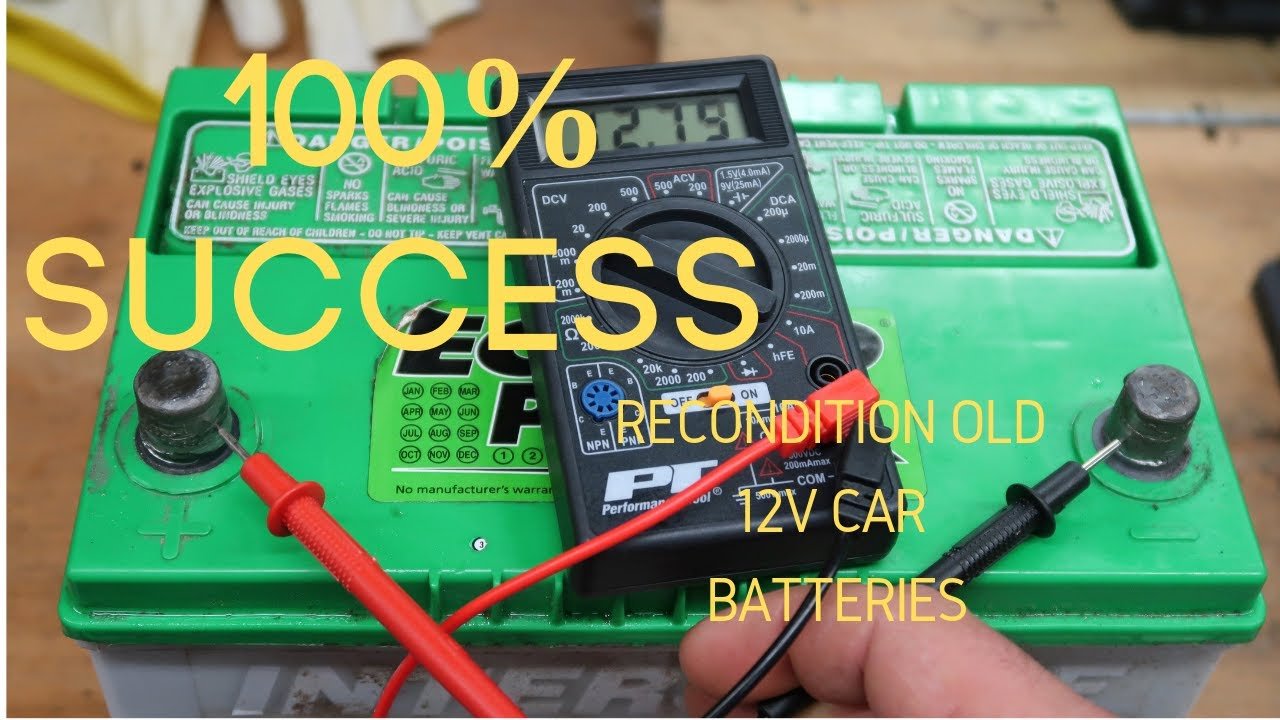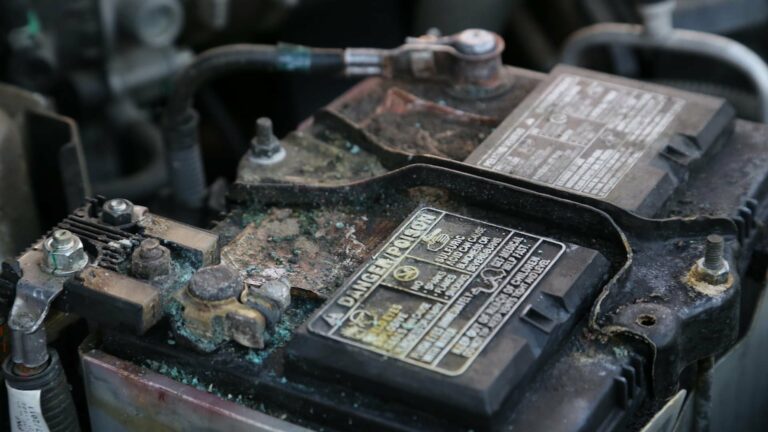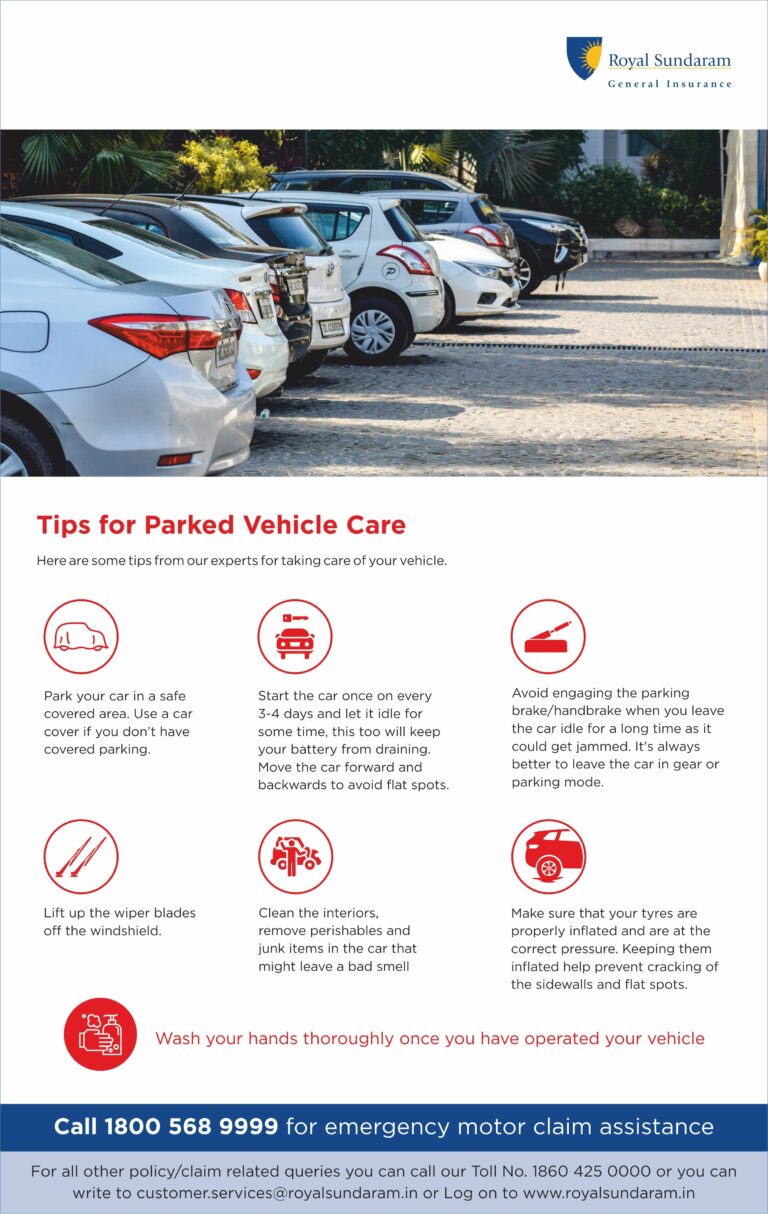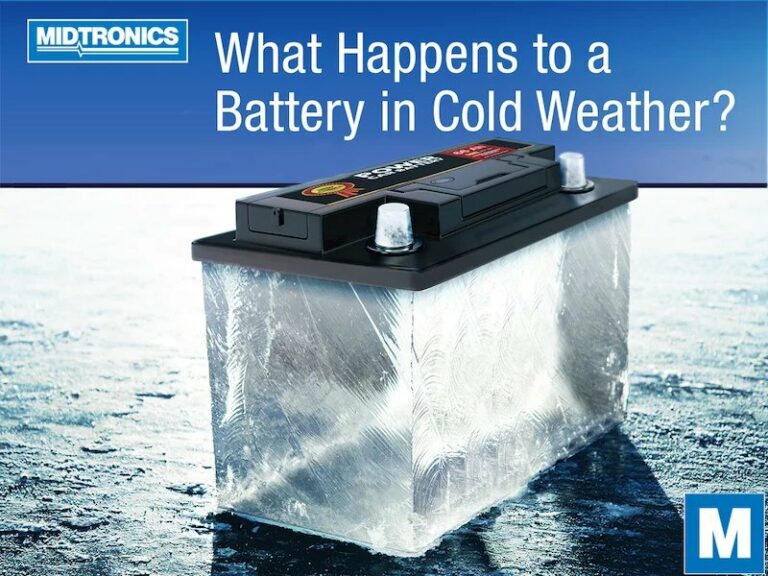Can a Car Battery be Reconditioned?
Can a car battery be reconditioned? The simple answer is yes, and if you’re wondering how, you’ve come to the right place. We’ve all experienced that sinking feeling when our car battery dies unexpectedly, leaving us stranded and frustrated.
But fear not, because there is a solution that could save you time, money, and the hassle of purchasing a brand-new battery. In this article, we will explore the process of reconditioning a car battery, discussing the steps involved, the tools required, and whether it’s a viable option for extending the lifespan of your battery. So, let’s dive in and find out if your car battery can be brought back to life.
Can a Car Battery be Reconditioned?
Car batteries are an essential component of any vehicle, as they provide the necessary power for starting the engine and running various electrical systems. Over time, however, car batteries can lose their ability to hold a charge effectively, leading to decreased performance and potentially leaving you stranded on the road. To combat this issue, many people wonder if it is possible to recondition a car battery and restore its functionality. In this article, we will explore the concept of reconditioning car batteries, its effectiveness, and whether it is a viable option for extending the lifespan of your battery.
Understanding Car Batteries
Before delving into the process of reconditioning car batteries, it’s important to understand how they work and the factors that contribute to their decline. Car batteries are typically lead-acid batteries, consisting of lead plates submerged in an electrolyte solution of sulfuric acid. When the battery is in use, a chemical reaction occurs, generating electricity that powers the vehicle’s electrical systems. Over time, however, the lead plates can become sulfated due to repeated charging and discharging cycles, reducing the battery’s capacity to hold a charge.
What is Battery Sulfation?
Battery sulfation is a common issue that affects lead-acid batteries. It occurs when sulfate crystals build up on the battery’s lead plates, impeding the chemical reaction necessary for proper functioning. Sulfation can be caused by a variety of factors, including undercharging, overcharging, and prolonged periods of inactivity. Once sulfation occurs, it becomes increasingly difficult for the battery to accept and hold a charge, eventually leading to its decline.
The Process of Battery Reconditioning
Battery reconditioning, also known as battery desulfation or rejuvenation, is the process of restoring the battery’s ability to hold a charge effectively. It involves breaking down the sulfate crystals that have accumulated on the lead plates, allowing the battery to function optimally once again. While there are several methods and techniques for reconditioning car batteries, the most common approach involves using a battery charger and a desulfator.
Using a Battery Charger
One method of reconditioning a car battery involves using a battery charger. Here’s a step-by-step guide on how to perform this process:
1. Ensure the battery is disconnected from the vehicle and placed in a well-ventilated area.
2. Attach the positive (red) charger clamp to the battery’s positive terminal and the negative (black) clamp to the negative terminal.
3. Set the charger to the appropriate voltage and amperage for your battery type. Refer to the manufacturer’s instructions for guidance.
4. Connect the charger to a power source and allow it to charge the battery fully. This process may take several hours or even overnight.
5. Once fully charged, remove the charger and let the battery rest for a few hours.
6. Reconnect the battery to the vehicle and test its performance.
Using a Desulfator
Another method of reconditioning a car battery involves using a desulfator. A desulfator is a device that emits high-frequency pulses to break down the sulfate crystals on the battery’s lead plates. Here’s how to use a desulfator for battery reconditioning:
1. Disconnect the battery from the vehicle and place it in a safe and well-ventilated area.
2. Connect the desulfator to the battery according to the manufacturer’s instructions. Typically, this involves attaching the positive and negative terminals of the desulfator to the corresponding battery terminals.
3. Turn on the desulfator and let it run for the recommended period. This duration may vary depending on the battery’s condition and the specific desulfator being used.
4. Once the designated time has elapsed, turn off the desulfator and disconnect it from the battery.
5. Reconnect the battery to the vehicle and test its performance.
Effectiveness of Battery Reconditioning
The effectiveness of battery reconditioning can vary depending on several factors, including the age and condition of the battery, the severity of sulfation, and the chosen reconditioning method. In some cases, reconditioning can help restore a battery’s capacity and extend its lifespan, allowing it to function adequately for a while longer. However, it’s important to note that not all batteries can be successfully reconditioned, especially those that have been heavily damaged or are very old.
Benefits of Battery Reconditioning
Reconditioning a car battery can offer several benefits, including:
1. Cost Savings: Reconditioning a battery is often less expensive than purchasing a new one, potentially saving you a significant amount of money.
2. Environmental Impact: By extending the life of your battery, you help reduce the number of batteries that end up in landfills, positively impacting the environment.
3. Convenience: Restoring the functionality of your battery can prevent unexpected breakdowns and the inconvenience of being stranded.
Limitations of Battery Reconditioning
While battery reconditioning can be effective in certain cases, it does have its limitations. Here are a few factors to consider:
1. Success Rate: Reconditioning is not guaranteed to work for every battery, especially if the sulfation is severe or the battery is significantly damaged.
2. Temporary Solution: Reconditioning can provide temporary relief, but it may not permanently solve underlying battery issues. Eventually, the battery may need to be replaced.
3. Time and Effort: The reconditioning process can take time and effort, depending on the method used. It may require multiple attempts or additional equipment.
Conclusion
In conclusion, battery reconditioning can be a viable option for extending the life of a car battery, particularly in cases where sulfation is the primary issue. By breaking down sulfate crystals and restoring the battery’s capacity, reconditioning can temporarily revive a battery and save you money. However, it’s essential to understand that not all batteries can be successfully reconditioned, and the process may not offer a permanent solution. If you are experiencing battery issues, it’s always advisable to consult a professional for guidance and consider their recommendations for a long-term solution.
How To RENEW CAR & TRUCK Batteries at Home & SAVE BIG MONEY DO THIS ONE https://youtu.be/VYtkn-N_p4s
Frequently Asked Questions
Can a car battery be reconditioned?
Yes, car batteries can be reconditioned in certain cases. Reconditioning involves the process of restoring the battery’s performance by removing sulfation, a common cause of battery failure. Sulfation occurs when lead sulfate crystals build up on the battery plates, reducing its capacity and ability to hold a charge. Reconditioning methods typically involve using specialized equipment to break down these crystals and restore the battery’s functionality. However, it is important to note that not all batteries can be reconditioned and the success of the process may vary depending on the age and condition of the battery.
How do I know if my car battery can be reconditioned?
The reconditioning potential of a car battery depends on several factors, including its age, condition, and the extent of sulfation. If your battery is relatively new and has experienced a sudden decrease in performance, reconditioning might be worth considering. However, if the battery is old, has physical damage, or is severely sulfated, it may not be suitable for reconditioning and should be replaced instead. It is always recommended to consult with a professional or battery technician to determine the best course of action for your specific situation.
What are the benefits of reconditioning a car battery?
Reconditioning a car battery can offer several benefits. Firstly, it can help restore the battery’s performance and extend its lifespan, potentially saving you money on buying a new battery. Additionally, it is an environmentally friendly option as it reduces the disposal of batteries, which can be harmful to the environment if not properly recycled. Lastly, reconditioning your car battery can be a cost-effective alternative to purchasing a new one, especially if the battery is in relatively good condition and only requires a minor restoration process.
Can I recondition a car battery myself?
While it is possible to recondition a car battery yourself, it is generally recommended to seek professional assistance. Reconditioning requires specialized equipment and knowledge to ensure the safety and effectiveness of the process. Mishandling or improper reconditioning techniques can lead to personal injury, damage to the battery, or even the risk of explosion. To ensure proper reconditioning and avoid potential risks, it is best to consult with a professional battery technician who has the expertise and equipment to safely carry out the process.
Are there any alternatives to reconditioning a car battery?
If reconditioning is not a viable option for your car battery, there are alternatives available. One option is to recycle the battery properly, as many automotive shops and recycling centers accept old batteries for recycling. Another alternative is to replace the battery with a new one. While this may involve an upfront cost, it ensures reliable performance and eliminates the need for ongoing maintenance or potential reconditioning in the future.
Final Thoughts
In conclusion, it is possible to recondition a car battery. By following a few simple steps, such as cleaning the terminals, replenishing electrolyte levels, and using a battery desulfator, car owners can potentially extend the lifespan of their batteries and save money in the long run. However, it is important to note that not all batteries can be successfully reconditioned, and the success rate may vary depending on the battery’s condition and age. Therefore, before attempting to recondition a car battery, it is advisable to consult with a professional or seek expert advice. Can a car battery be reconditioned? Yes, with the right knowledge and techniques, it is possible to recondition a car battery.



